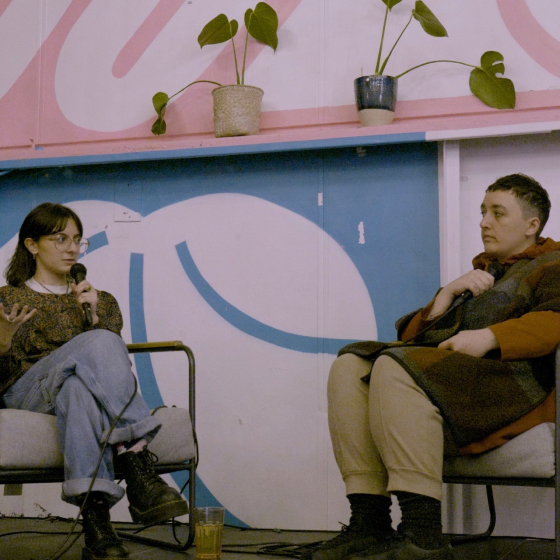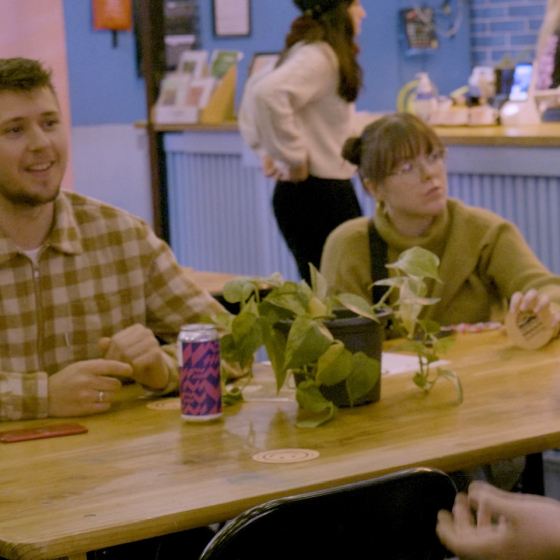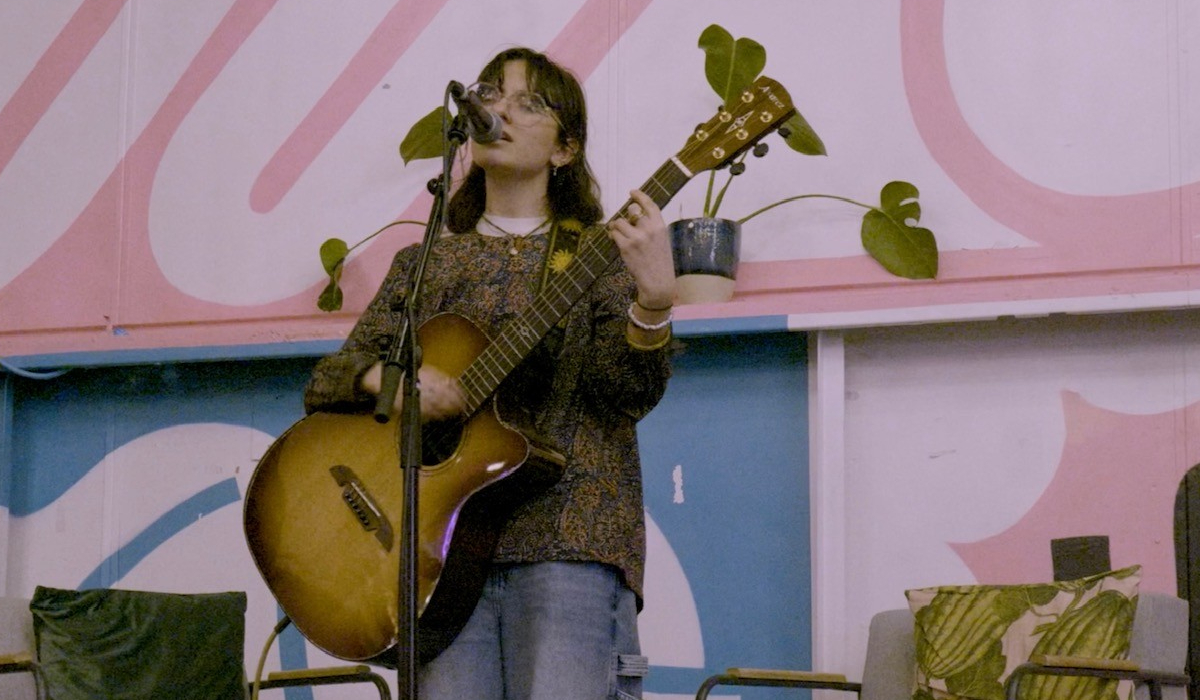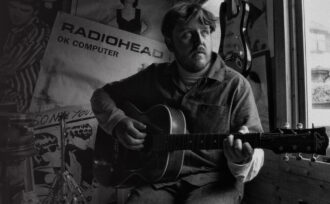YWMP X WHERE ARE THE GIRLBANDS: CREATING SAFER LIVE MUSIC SPACES IN LIVERPOOL
Picture this: a vibrant evening buzzing with talks, live music, and discussions, all swirling around the shared vision of a safer, more inclusive live music scene. This isn’t just a dream but the reality of The Safer Spaces Exchange, where voices from the heart of the music community unite to tackle long standing issues head-on. Led by YWMP and fueled by Youth Music’s support, this groundbreaking project isn’t just about policy; it’s a dynamic movement igniting change from the grassroots up.
Over two years, The Safer Spaces Exchange aims to create a national policy that supports live music venues to become safer and more accessible for all demographics, particularly marginalised groups. To ensure regional expertise is heard within the policy, YWMP have partnered with grassroots organisations across the UK, hosting events to hear directly from communities.
When it came to partnering with a Merseyside-based organisation to produce the Liverpool Exchange, ‘Where are the Girlbands?’ were a natural fit, drawing upon their regionally focussed research collated in collaboration with Comics Youth for their ground-breaking Safe Spaces Podcast.

Through an evening of talks, audience discussion and live music, a vision for a safer live music scene in Liverpool began to emerge. Familiar problems came to the fore; a lack of trust in security, no clear policy to refer to when incidents happen, and confusion about where accountability lies between audience, performers, promoters and venue owners.
Countless stories emerged of individuals “walking out of shows crying after being screamed at during a sound check” and assault inflicted by venue security staff. It was clear that patterns of misogynistic behaviour were evident in the shared experiences of attendees and speakers.
These personal anecdotes are supported by recent inquiries into live music spaces, including the Misogyny in Music report and research from Black Lives in Music, Attitude is Everything and the Musicians’ Union to name a few.
Regional disparity was also evident in the Liverpool audience’s concerns about implementing policy. In a city where so many music promoters are a DIY outfit or voluntary run, and many venues are fighting to keep their doors open, how do we afford to implement the policy needed to make our spaces safer?
Local musician, promoter, sound technician and Safe Spaces Exchange panelist, Zara Smile, offered a positive response to these regional insights, explaining that ‘the community focussed nature of Liverpool as a music city is to the benefit of those aiming to create safer spaces. Whether it’s the warm welcome given by venues and promoters alike, or the openness with which many in the Liverpool music scene speak about their experiences, there is already a culture for sharing the load, supporting one another and prioritising honesty.’

The Whole room was agreement that everyone benefits from the smallest changes, including starting conversations about accountability. When an incident occurs at a live music event, it damages everyone, either in experience or in reputation, and when no one knows who to turn to, blame is shared or ignored, and no one receives adequate support.
Budget friendly suggestions to make venues safer were brought forward, developing as perspectives bounced between speakers, audience and staff at The Bloom Building, Birkenhead. Boot Music’s Jame Booten suggested venues have an allocated contact for events, perhaps Instagram DM, meaning a direct and monitored line of contact would be in place if an event attendee was unsafe and unable to find, or uncomfortable approaching security.
‘Conversation’, a completely free tool, came up time and time again. Talking security through your policy and making sure it’s understood, or putting processes in place with bar staff such as turning venue lights on when signalled by the promoter were two examples that attendees had seen work successfully. Formalising these verbal agreements into contracts seemed like an intuitive next step, allowing venues, promoters and performers alike to know where they stand ahead of time. Big Condo Record’s, Emma Ward added that including safe space policy into ticketing T&Cs is another way to include gig-goers within a framework of accountability. Developing a template for such a contract is being considered by YWMP as a way to support promoters and venues with small teams and limited resources to implement safer spaces policies.
Blue sky ideas from a ‘TrustPilot’ style safe space review platform, to a star rating or Safe Spaces pledge were also brought to the table, with many being noted by YWMP as possible future iterations for the policy’s implementation.
So, what’s next?
YWMP have continued to gather perspectives from across the UK and are taking them back to their Steering group to develop a policy, with regular input from regional partners. Next year, they will be returning to each partner city to put the policy into practice.
To watch a recording of the event, click here.
To learn more about YWMP and the Safer Spaces Exchange click here.
To listen to the Comics Youth x Where are the Girlbands Safe Spaces Podcast click here.
To learn more about Where are the Girlbands, click here.
Words by Ella Fradgley / @ellafradge




